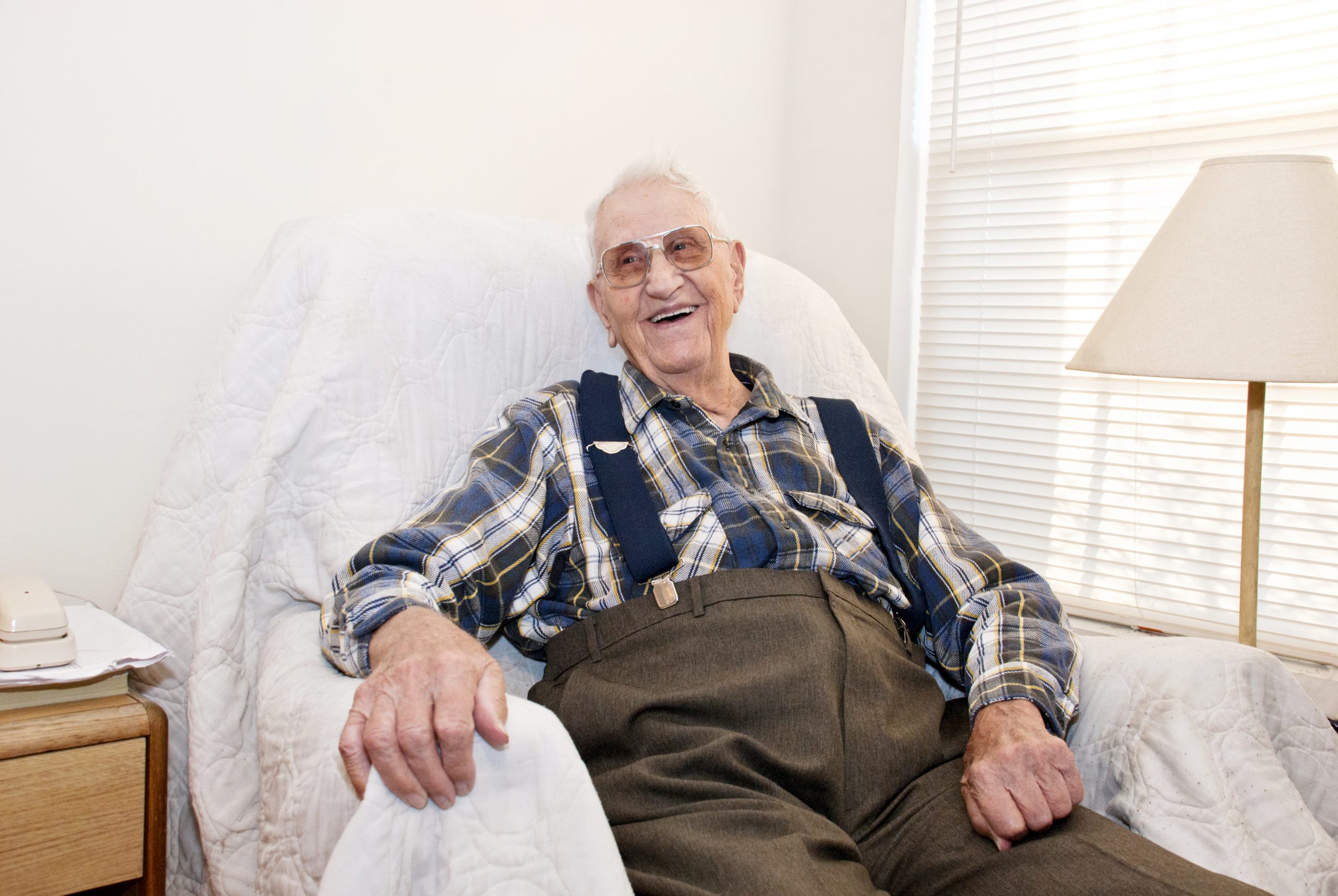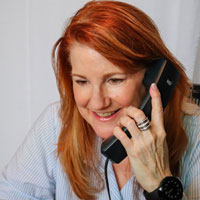
Nov 14, 2018
Honoring our Vets, Today and Always – Richard’s Story
Alzheimer’s, dementia, Post Traumatic Stress Disorder (PTSD) and other conditions affecting memory impact more than 6 million Americans every year. Our brave veterans are no stranger to conditions related to impaired memory. Over time, memory-related conditions usually require some form of caregiving oversight, provided by a spouse, adult child, other family caregiver, or a professional. It is a shared journey between the care recipient and the caregiver. As much as a caregiver wants to be present 100% of the time for their loved one, the reality is that many caregivers are trying to balance home obligations, work, finances and other life demands that might take them away from their caregiving – for a few minutes, hours, or even all day. In addition, perhaps a family member who lives across country who wants to know how a loved one is doing, or even a physician or other health care team member wants up-to-date status information on their care client. To help provide more peace of mind for caregivers, and more independence for loved ones with some added reassurance they are being watched over – even if their caregivers are not physically present – families are discovering that affordable, simple to use technology can keep caregivers and their loved ones connected, whether they are across the room or across our nation. Here is how Richard, a Vietnam veteran, and his wife Marie, have embraced remote monitoring technology that keeps them connected.
Richard and Marie met over 50 years ago, when he first began his career in the Air Force and was stationed in Minnesota. They quickly fell in love, married, and shortly thereafter he was whisked away to the Philippines to serve. He called Marie on their 1st wedding anniversary to tell her he was being sent to Vietnam for 6 months, where he would eventually perform several tours. In all, Richard dedicated just over 30 years to serving his country. Upon his military retirement, he began his second career at age 50, working in technology. Highly educated, Richard has a degree in Chemical Engineering, with Master’s Degrees in both Computer Science and Business Administration.
In the 1990’s, Richard’s father developed memory loss and tested positive for Alzheimer’s. His father moved in with he and Marie, who became family caregivers and lovingly took care of him until his father’s passing in 2000.
In 2008, Richard made a trip to Toronto on family business, driving straight through from Texas for 36 hours. When he returned, Marie noticed, for the first time, his memory seemed a bit off but again, he had just made a very long road trip so perhaps that’s all it was – he was just overly tired. Over the next few months, though, there were other signs that there was some memory impairment. While not officially diagnosed as Alzheimer’s, there is a strong family history with Richard’s father. Richard and Marie just refer to it as memory loss, and she has become his caregiver as the memory loss has progressed.
Richard and Marie have always been regular churchgoers, and active members in their community. Some friends noticed that they had not been attending church as often, and reached out to check in on them. Marie explained that Richard had been experiencing some memory loss, and their friend suggested that she and Richard try some new technology to stay connected to each other, as very often memory loss can cause wandering or elopement. While this had not been an issue so far, Marie wanted to try it, just in case, as it was important to her to be able to remain active, run errands, etc., with the reassurance that Richard was doing fine. She began testing the Theora Care remote monitoring solution, which consists of the Theora Connect wearable for the care recipient, connected to the Theora Link smartphone app which is downloaded to the caregiver’s phone. The wearable for Richard is an attractive non-medical looking wristwatch-design and incorporates GPS, a pre-activated cellular phone, 2-way voice system and SOS button that connects directly to Marie. Marie can use the smartphone app to set up Safe Zones for Richard, as just in case he should wander she is notified when he leaves a Safe Zone, plus with her smartphone app she always knows where he is and can call or connect with him at any time using the built-in cellular or 2-way voice. If Richard does not or cannot answer his phone, using the 2-way voice he can still hear his wife’s familiar and reassuring voice come through.
Sooner than anticipated, the Theora Care remote monitoring solution came in very handy. Though Richard had never wandered before, he and Marie were at a grocery store when they became separated. Obviously worried, Marie remembered that Richard was wearing his Theora Care wristwatch. In her own words, “one of my greatest fears came true and I became separated from my husband, Richard. I did not realize that he had left the store and was wandering outside in the parking lot. Fortunately, I was able to use the Theora Link app’s Quik Connect 2-way voice feature to get the attention of a Good Samaritan who was near Richard. The Good Samaritan heard me trying to talk to him and was able to help bring him safely back into the store and by my side….where he’s been for over 50 years!”
Richard has had several more attempts at elopement since the first time, and so the Theora Care remote monitoring solution has been very effective for he and Marie, reducing her stress by knowing where he is and be able to communicate with him. Overall, Richard is a happy, kind soul today despite his memory loss. He loves music, particularly gospel music which he hums along to often. He and Marie live together, in their own home, with the added security and peace of mind that the Theora Care solution has brought them.
Richard, we thank you, and Marie, for your service.

Note: Names changed at the request of “Marie.” Blog written by Melanie Guthrie.

